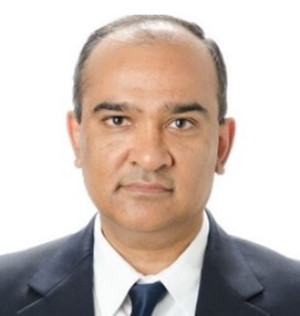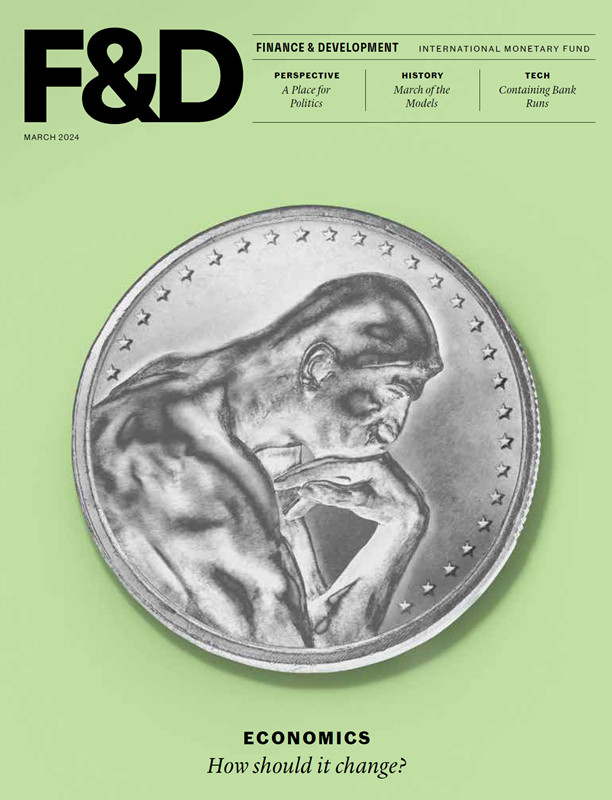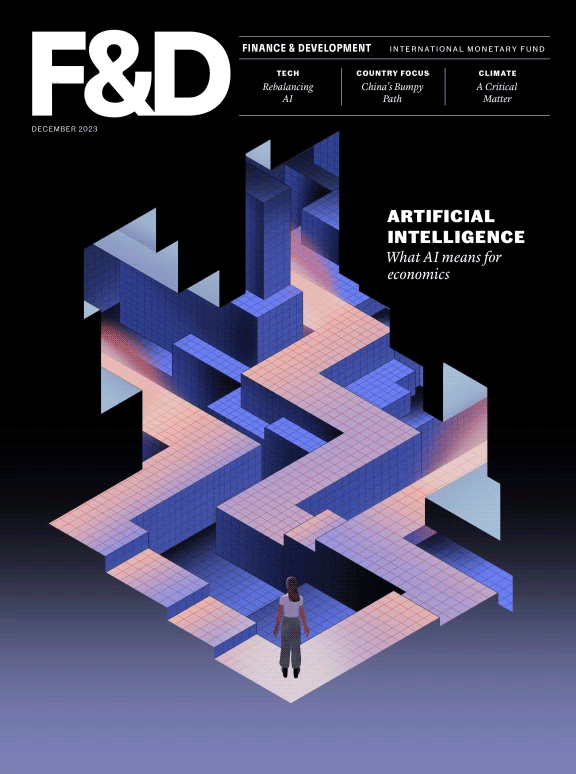
My Journeys in Economic Theory
Edmund Phelps
Columbia University
Press
New York, NY, 2023,
248 pp.,
$27.95
Among the early graduate school memories of many macroeconomists are the “golden rule” of saving, the micro-foundations of wage and employment theory, and structural theories of unemployment. Edmund Phelps, the economist at the center of these fundamental insights and many others and the recipient of the 2006 Nobel Prize in economics, has written a new book that, as its captivating title suggests, describes his intellectual journeys from his earliest theories over six decades ago to his most recent ideas, how he came up with them, the people he met along the way, and the ideas they shared. He tells of his inspiration from the great minds he encountered, including many giants of modern economics, and from art, opera, and literature.
Creating any of the theories above could reasonably be considered a lifetime accomplishment, but Phelps is modest. He views these pillars of work as important but “[not requiring] … a great deal of theoretical imagination” nor being “radical steps in economic theory.”
Phelps’ real passion, and what he sees as his crowning achievement, is his more recent theory of broad human “flourishing.” Flourishing is about more than competing successfully in a free market and prospering in terms of money and material wealth. It is also about job satisfaction, rewarding work, and the wider notion of a good life that 19th and 20th century philosophers and economists envisioned.
A central concept in Phelps’ theory of flourishing is “indigenous innovation.” Such innovation, unlike innovation in the older tradition of Robert Solow or Joseph Schumpeter, is neither exogenous nor imported nor the sole preserve of famed inventors or entrepreneurs. Rather, it comes from the ingenuity of ordinary people going about their daily work. Phelps’ key thesis is that when certain “modern” values—individualism, vitality, self-expression—are present, they tend to drive indigenous innovation, which in turn drives productivity, growth, and flourishing.
The erosion of modern values in advanced economies across recent decades has, according to Phelps, contributed to the relative stagnation of productivity and real wages. A task for economic policy, therefore, is to help society regain these values in order to spark a new wave of dynamism and innovation. It will have to do so while dealing with overwhelming challenges, including climate change, digitalization, and the plight of low-income earners.
If the expanse of Phelps’ vision seems overly broad for more conventional economists, it is worth knowing that Phelps is not alone. His more expansive view has been shared in different ways by notable economists. For example, in his recent book on inequality, Angus Deaton (another Nobel laureate) also notes the need for economics to take a broader view of human welfare than just performance in the marketplace.
There are caveats, of course. The goal of flourishing and job satisfaction, while inspiring, may strike some as more applicable to richer societies than to those where many people struggle simply to make a living. Phelps acknowledges that his theory of flourishing is not yet fully articulated in a formal model that can be tested. Moreover, the contention that a society’s dynamism is driven by its culture and values, not simply by the incentives its people face, must contend with the observation that a society’s economic performance can be transformed when its people’s incentives change, for example through reforms. Experiences in Asia, including China in recent decades, and in Eastern Europe after the Cold War, are obvious examples. And the often high productivity of immigrants in their adopted countries testifies to the influence of the economic environment on people’s fortunes.
Phelps’ book is profound, far-reaching, and novel and combines analytical depth with a deep concern for economics to describe the lives not of “economic agents” but of actual human beings. The reader is guaranteed to emerge with a broader vision of economics and its possibilities.
Opinions expressed in articles and other materials are those of the authors; they do not necessarily reflect IMF policy.









